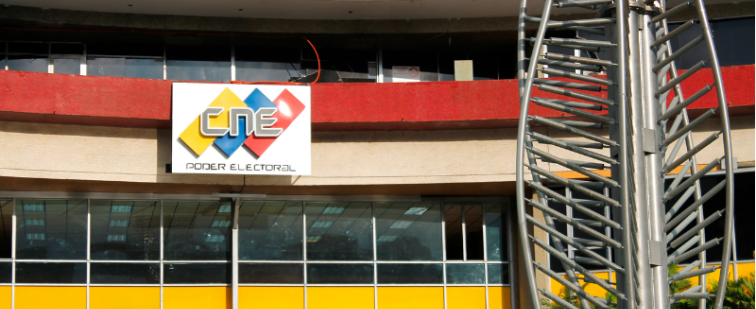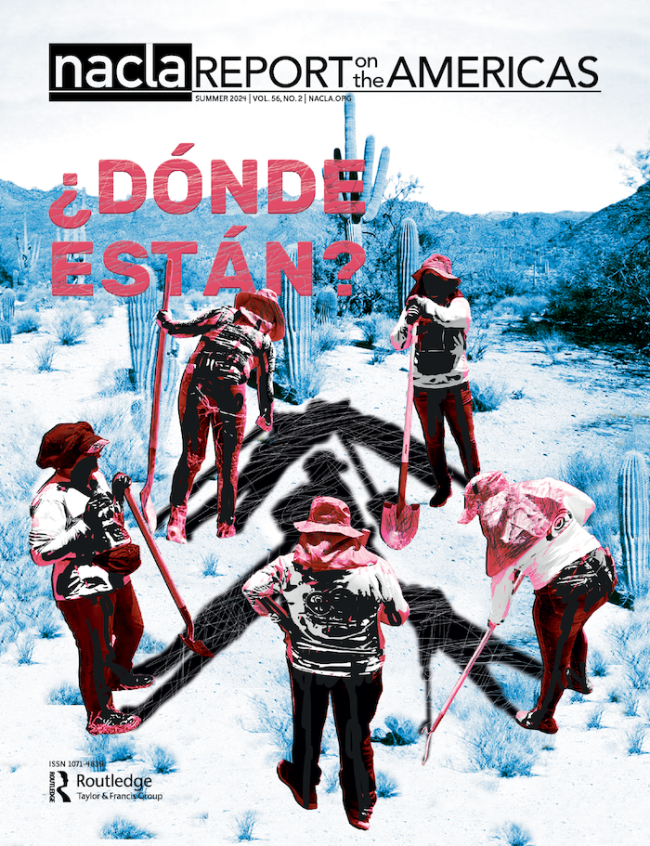Home
When Venezuela’s Hugo Chávez and his Iranian counterpart, Mahmoud Ahmadinejad, call each other brothers, they are bound to be “up to no good,” according to Mary Anastasia O’Grady, in her January 2006 Wall Street Journal column titled “The Tehran-Caracas Axis.” U.S. intelligence, O’Grady concludes, ought to do more to uncover what that “no good” is.
Alleged links to three high-profile assassinations, experience in a scorched earth counterinsurgency operation and rumoured ties with a cocaine-driven criminal underworld would not appear to constitute the ideal qualifications for a presidential candidate. Retired Army General Otto Pérez Molina, however, appears to have surmounted these obstacles, and it would seem safe to say that history is failing to haunt his fellow Guatemalans.
My grandfather, before he died, told me his own repertoire of stories about the Che Guevara he knew, when Che was even younger than the twenty-something traveler portrayed in the film "The Motorcycle Diaries."
Picture it: two flags, one Chinese, the other Cuban, flying on an oil rig just a few dozen miles off the U.S. coast. The January 2005 deal between Chinese state company Sinopec and its Cuban counterpart to explore for oil in the Gulf of Mexico is but one of many examples of new a “multipolar” trend in the hemisphere, indeed in the world. Although Cuba, because of the embargo, has pursued international partnerships for more than a decade, more nations in the hemisphere are following the same strategy
U.S. drug czar John Walters heaped praise on Mexico’s drug war this week, to prepare the groundfor a billion-dollar counter-narcotics aid package expected to be announced within days.
In the course of his visit to the Southern Cone of South America, the American sociologist Immanuel Wallerstein spoke on one of his favorite subjects: the end of the United States' hegemony—which, he believes, will be definitive within the next decade. But he also let it be known that in the course of the next two or three decades we will be living in a post-capitalist world that could either be much better, or worse, than the present one.
On September 28, feminist movements commemorated “Day for the Decriminalization of Abortion in Latin America and the Caribbean.” Unsafe abortions are one of the principle causes of maternal fatalities in the region, where an estimated 4,140,000 abortions are carried out each year, of which 95% are done clandestinely amid dangerous conditions. Of the 78,000 women that die every year from abortions worldwide, 13% of them live in Latin America and the Caribbean. That means more than 10,000 die annually, or 28 per day, most of them women of meager economic means.
“We have won an historic victory,” proclaimed President Rafael Correa of Ecuador. On Sunday the political coalition he heads won an overwhelming majority of the seats in the Constituent Assembly that is tasked with “refounding” the nation’s institutions. Taking office early this year in a landslide victory, Correa has repeatedly called for an opening to a “new socialism of the twenty-first century,” declaring that Ecuador has to end “the perverse system that has destroyed our democracy, our economy and our society.” His government marks the emergence of a radical anti-neoliberal axis in South America, comprising Venezuela, Bolivia and now Ecuador.
The physical presence of U.S. military personnel throughout the hemisphere has changed substantially during the past ten years. Back in 1997, large military bases were the rule, most of them in the former Panama Canal Zone. The Southern Command (SouthCom)—which is the name of the U.S. Defense Department’s command center for Latin America—left its headquarters in Panama that year, relocating to Miami.
Agrofuel development has arrived on the global stage. Just this year, the number of declarations, dollars, and development plans that have gone to agrofuels are unparalleled in any other sector. An idea that languished for decades has suddenly become the darling of politicians, big business, international financiers and the media.
This fact alone should make us worry.










